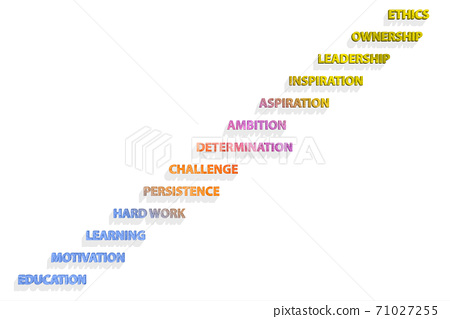
The educational landscape has never been focused on college for adults working. But adults who choose to return home to school do so often for economic reasons, job displacements, changing career goals or passions. However, it is not always easy to earn a degree. These students are often busy with their jobs and multiple priorities. They must manage their time to obtain a degree.
Reilly's college experience is not accredited.
Caitlin Ryan, who will be graduating in May 2021 from North Carolina State University with her master's degree (in parks, recreation, tourism management) with a minor focusing on human dimensions and natural resources, has worked in environmental education since many years. After receiving her undergraduate degree from Davidson in environmental studies, Reilly attended NC State's Environmental Education Lab. Kathryn Stevenson, her future coworker, was also a student at Davidson.

Jennie Harrop's adult degree program
Jennie Harrop's Adult Degree Program is designed to help adult learners learn the skills required to effectively communicate their message. Her program balances theory and practice to help students understand the basics of good writing. She is particularly interested in essential and non-essential writing rules. This includes how to construct meaning and structure sentences, paragraphs, and essays.
Prior learning assessment
Adult students can get college credit for their prior learning by using the Prior Learning Assessment. This technique can save students both time and money. Many students might possess the skills and knowledge necessary for college, but they may not have the formal education.
Flexible schedules
Flexible schedules can prove to be a benefit for students who have to work around busy schedules. Flexible schedules appeal to high school students who have multiple responsibilities and differing learning and emotional needs. Many of them also have part-time or full-time jobs that make it difficult to plan around school hours.
Financial aid
There are many financial assistance options available to college students. Some of these include scholarships, grants, and employer tuition reimbursement programs. You may need to look for other funding sources if your employer doesn't offer tuition reimbursement. Federal Pell Grants, which are available to adult students as a source of funding for college, are one of the most used sources.

Access to education
Many adults struggle to manage their work and family responsibilities while also taking classes. These adults often lack the support networks and college counseling programs required to be successful at college. More universities and colleges are now offering specific programs that cater to adult learners.